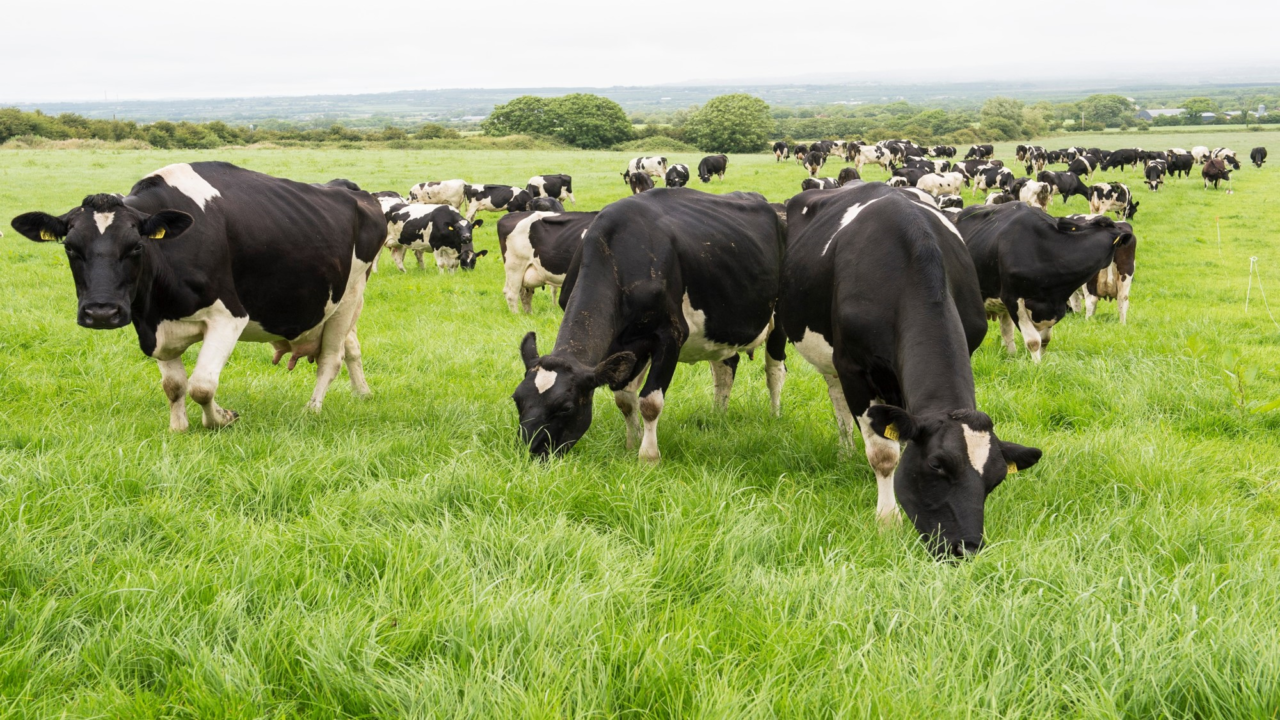The acute shortage of labour on dairy farms is undeniable at the present time. And the problem is intensifying.
This makes it an obvious requirement to make best use of the human resources that are available.
This was a key point touched on by Teagasc’s Dr. Marion Beecher, during her presentation to the third and final College of Agriculture, Food and Rural Enterprise (CAFRE) / Ulster Farmers’ Union (UFU) sustainable dairy webinar.
Labour on Irish dairy farms
Based at Teagasc Moorepark in Co. Cork, Beecher is a specialist in the field of human resource management within dairy farm businesses.

She pointed out that farmers can have the best stock and a tremendous farm-based capacity to grow grass. But, without people, they can do nothing.
Beecher stated: “Back in 2018, Teagasc launched a ‘People in Dairy’ programme. Prior to this, the need to recruit 5,000 people within Ireland’s dairy farming sector had been identified.
“The programme’s associated action plan identified six key areas. These were: labour availability and recruitment; labour efficiency; people management skills; training; succession within a farming business; and promotion.
“It is critically important that dairy is promoted as a great industry to be working in.”
According to Beecher, the People in Dairy programme brought together all the main stakeholder bodies within Ireland’s milk sector, including Teagasc, the Department of Agriculture, Food and the Marine (DAFM) and dairy processers.
Cost of labour
The Teagasc research scientist confirmed that labour now represents one of the highest costs within all dairy farming businesses.
She said: “But for those involved, it is very much a case of securing the correct work / life balance.
“Achieving this will require a fundamental reappraisal of the management practices implemented within a farming business.
“Key questions that must be asked by individual farmers include – how can I make work practices more efficient? How can I sub-contract out particular tasks that must be carried out within the business?
“And how can I attract highly skilled people to commit to the farm.”
Labour efficiency
Beecher is currently researching ways to improve labour efficiency and working relationships on dairy farms, in order to make them better workplaces.
She explained: “Surveys have confirmed the perceived downside of working on a dairy farm. These include long hours and poor pay.
“But there are also very strongly perceived upsides. These include the healthy lifestyle derived from working in the open air and the opportunity to work with animals.”
The most recent Teagasc research has identified the key factors that attract people into dairy farming.
These are:
- Regular hours – set start and finish times;
- The availability of training;
- The provision of a fair wage;
- Good facilities;
- Rewards and enhanced responsibility.
Beecher added that people wanted to be upskilled within their jobs.
“They also want a fair wage for a fair day’s work,” she explained.
“Money can be a demotivator in the context of people feeling that they are not being properly remunerated for the effort that they put in.
“Nobody sets out to do a bad day’s work. People are looking for three main opportunities as they assess a potential job opportunity. These are the opportunity to train up, autonomy and a sense of purpose within the business as a whole.”
Good communication
“Good communication between the farmer and the staff working within the business is critical when it comes to achieving these outcomes,” Beecher continued.
When it comes to making most efficient use of the labour on a dairy farm, Beecher’s research has identified a number of important criteria.
“These include the adaptation of a simple farm system. In an Irish context this would include a commitment to block calving and making best use of grass.
“The number of enterprises on the farm should be minimised and the cow type selected to match the production system chosen for the farm,” she said.
“Good farm infrastructure and the use of the most efficient technologies are also important.
“Good organisational practice will also be required to ensure that the overall enterprise runs as efficiently as possible,” he concluded.
